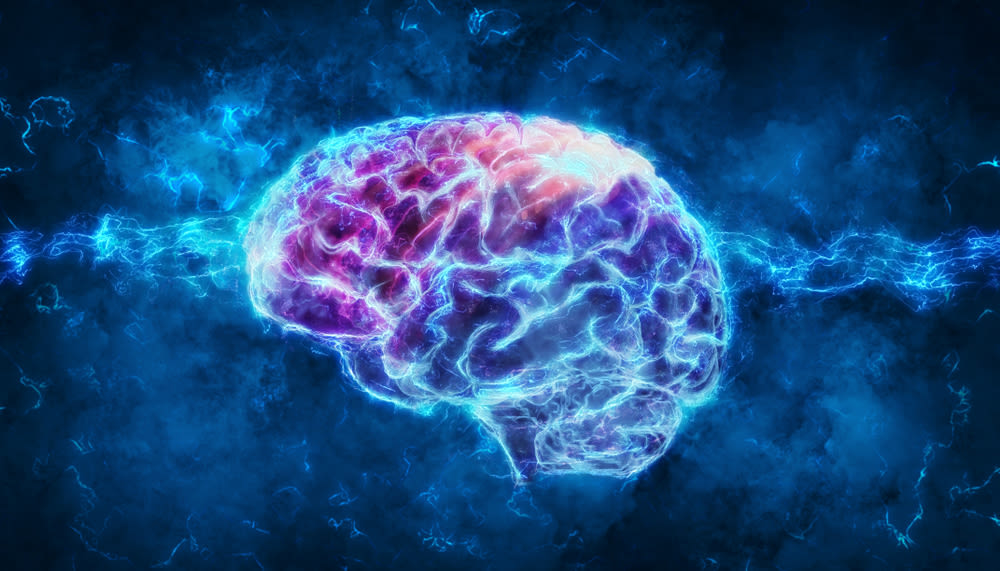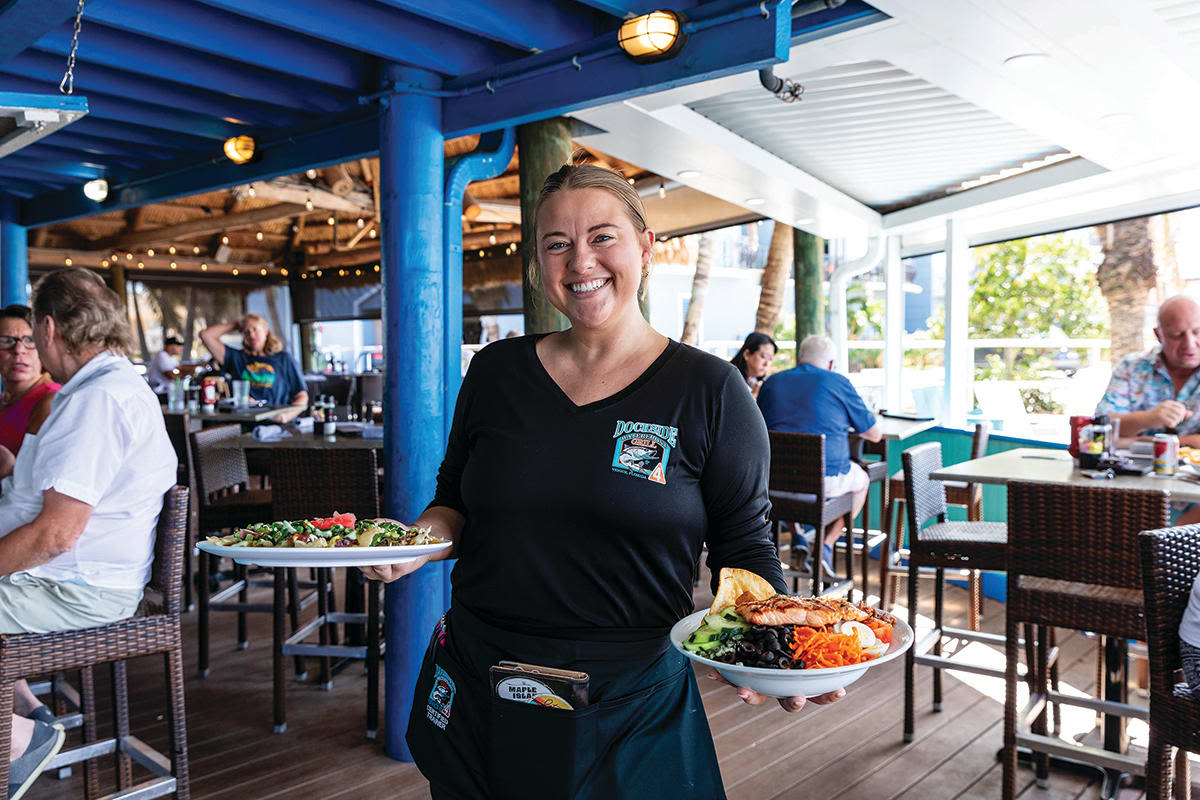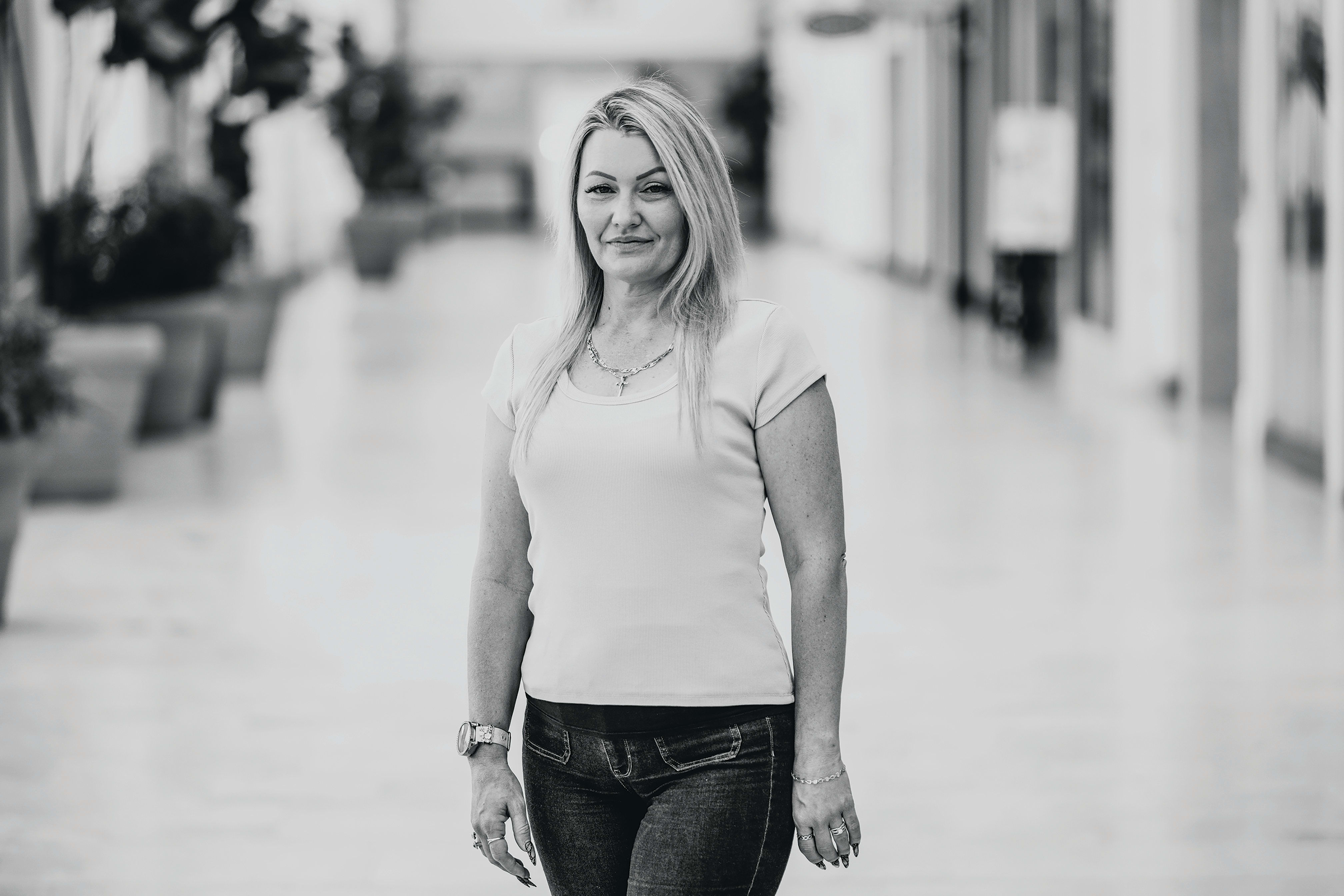Brain Health Initiative for the Florida Gulf Coast Region and Beyond

Image: Shutterstock
Some 3,600 Florida Gulf Coast residents, from children to the elderly, will be embarking later this year on the medical investigation of their lifetimes—literally. They will be chosen to participate in a decades-long study of the risks and protective factors that contribute to brain health.
The Brain Health Initiative, for the Florida Gulf Coast region and beyond—conducted by the Boston-based Academy for Brain Health and Performance in partnership with Massachusetts General Hospital, a Harvard Medical School teaching hospital—will examine both the physiological health of the brain and its “adaptive ability,” including a person’s ability to concentrate, remember, communicate, learn new information, express experience and manage emotions, says Dr. Stephanie Peabody, a neuropsychologist and executive director of the Academy for Brain Health and of the long-range initiative.
Lakewood Ranch was chosen from among communities across the U.S. as the study's headquarters, Peabody says, because “the pillars that support brain health are built into Lakewood Ranch: positive social engagement, connection to nature, physical activity and physical fitness, stress resilience, nutrition, sleep, cognitive stimulation, novelty, emotional wellbeing, living a life with purpose, making a positive impact.”
Ultimately, a Brain Health Innovation Lab will be established at the CORE campus (Collaboration Opportunities for Research and Exploration) in Lakewood Ranch, to be staffed with a multidisciplinary team of scientists, clinicians, technologists, engineers and entrepreneurs who will research and put into practice “specific interventions that might improve brain health and performance, reduce the risk of brain-related diseases and increase neurorehabilitation outcomes when pathology or injury exist,” according to the initiative’s website.
The decades-long Brain Health Initiative is inspired by the famed Framingham Heart Study, which has tracked the cardiovascular health of some 5,000 Framingham, Massachusetts, residents since 1948. The third generation of participants is now being studied.
Peabody stresses that the brain health study will examine multiple points across the lifespan, from what parents can do to enhance neurodevelopment in utero to looking at ways to prevent or reduce the ravages of dementia in later ages.
“It’s a matter of really thinking purposefully about healthy lifestyle behaviors—a brain-healthy lifestyle,” she says. “It’s never too early, but it’s never too late to begin.”
Need to de-stress?
Here are four helpful cure tips from the Brain Health Initiative team.
Get Curious
While life throws plenty of challenges our way, if you look hard enough you can often find an opportunity for personal growth or positive life lessons. Simply asking powerful questions like, “What could I learn from this?” or “How might this experience help me, or someone else, in the future?” can reduce anxiety and even improve cognitive function.
Unwind. Breathe. Let go.
Fully embrace the present moment and allow your body to release any tension built up over time. Although it’s tempting to stay busy so we can ignore difficult feelings, settling down into restorative breathing (calm, rhythmic, approximately six breaths per minute) shifts the body into a relaxation state necessary to soothe and heal the nervous system.
Recharge
After you’ve entered a relaxed state, incorporate elements that energize you. Simple techniques like listening to music, using essential oils or taking a bath can help refuel our tank and recharge our internal battery so that we can get “unstuck” from stress.
Exercise
Training the brain and the body to be more resilient requires consistent practice. Mindful physical activity is one of the best ways to bring the heart and brain back into alignment. Focusing on mindful walking or gentle yoga can ease the system back into taking intentional action, boosting confidence and capacity while enhancing self-compassion and a sense of ease.



